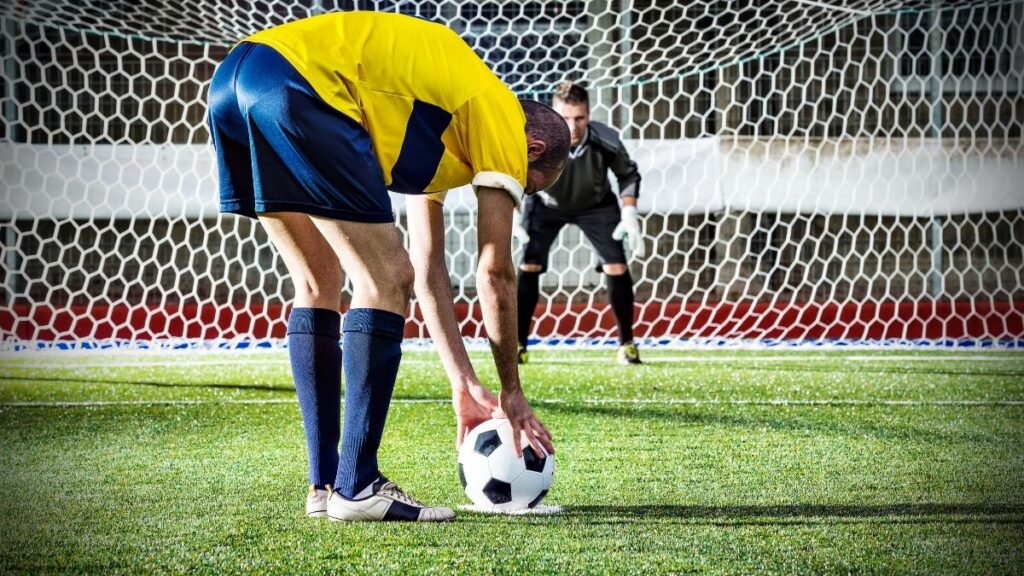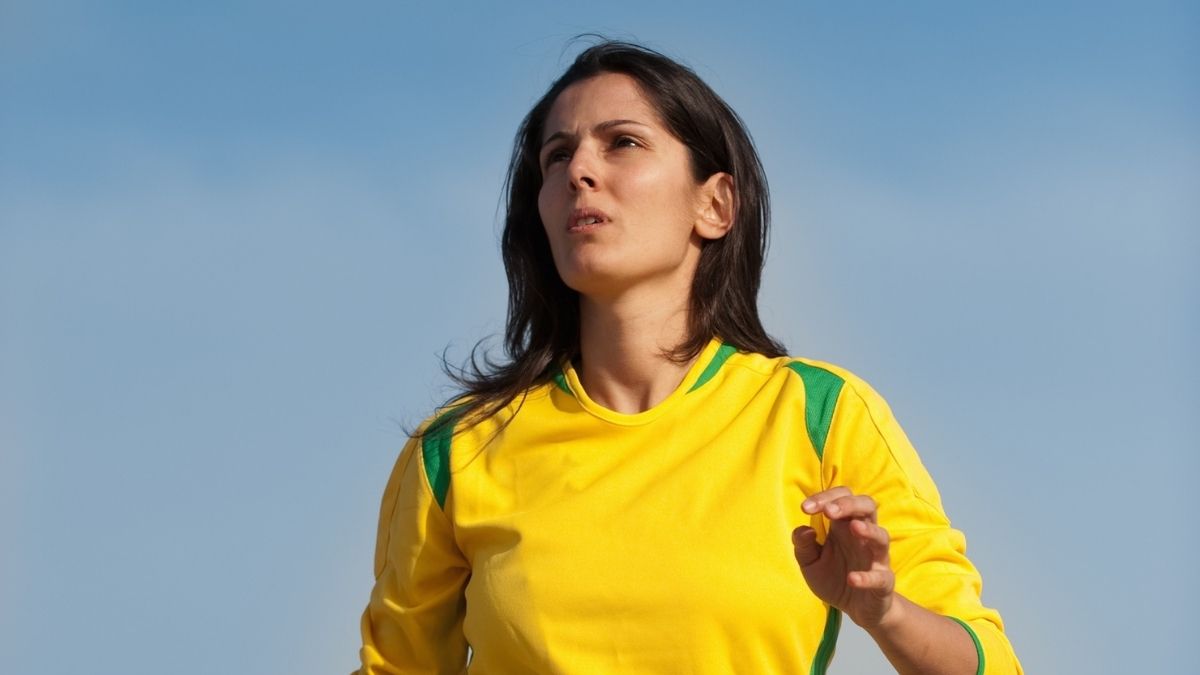Boost your betting experience and get up to $200 bonus right now!
The upcoming FIFA Unites: Women’s Series in Dubai marks a defining moment for women’s football and human rights, spotlighting the historic international debut of the Afghan Women’s Refugee Team. Set against a backdrop of resilience and hope, this tournament unites four diverse teams—Afghanistan’s refugee squad alongside the national teams of the United Arab Emirates (UAE), Chad, and Libya. The event not only amplifies the voices of women facing adversity but also celebrates football’s power as a vehicle for social change and empowerment globally.
From October 23 to 29, the UAE will become the stage for an unprecedented gathering. As the Afghan women’s refugee team steps onto the field for the first time in a competition sanctioned by FIFA, their story resonates far beyond goals and tackles. It is a testament to the courage and spirit of women displaced by conflict, asserting their right to play, dream, and thrive despite hardship. This tournament embodies FIFA’s broader vision to promote inclusivity, gender equality, and the universal right for women to participate in sport.
Beyond the pitch, powerful allies — such as Human Rights Watch, UNHCR, and global brands like Nike — underscore the significance of this movement, empowering refugee sports initiatives and spotlighting women’s rights in regions where these aspirations often meet harsh resistance. The event promises thrilling matches, rich narratives, and a celebration of the unyielding passion for football that connects players, fans, and communities around the world.
- The journey and challenges of Afghan women footballers in exile
- The importance of the FIFA Unites: Women’s Series for human rights and refugee sports
- The competitive landscape: UAE, Chad, and Libya teams’ role and ambitions
- The powerful intersection of sports, gender equality, and international support
- What the tournament’s debut means for women in football globally

Sommaire
ToggleUnveiling the Journey: Afghan Women’s Refugee Team’s Path to FIFA Unites Debut
The story of the Afghan Women’s Refugee Team is more than just about football—it is an emblem of defiance and hope molded in the crucible of forced displacement and socio-political upheaval. Forced out of their homeland due to escalating conflicts and the repressive regime’s stance on women’s rights, these athletes pursue a dream denied to many back home: playing competitive football on the world stage.
Since the Taliban’s resurgence, many Afghan women have faced brutal restrictions, with sports banned outright. The establishment of a refugee football team arose as a solution to safeguard this passion and keep the players’ aspirations alive. FIFA’s initiative, backed by the United Nations High Commissioner for Refugees (UNHCR) and Human Rights Watch, has been instrumental, offering a platform for these athletes to showcase resilience through Refugee Sports.
For many team members, the path to this tournament involved trials and talent identification camps held in cities like Sydney, where displaced Afghan players scattered around the globe could come together. This assembly is more than a roster; it is a mosaic of stories overcoming dislocation, cultural barriers, and psychological trauma. The athletes’ backgrounds range from former national players in Afghanistan to newcomers discovering football’s transformative power in exile.
Challenges Overcome on the Road to International Football
Training consistently has been an arduous task, with players living in different countries, juggling refugee status complications, limited facilities, and adapting to new cultures. Despite these hurdles, the team’s commitment never faltered. FIFA’s involvement ensures resources, coaching support, and international exposure to enable the squad to compete with dignity and professionalism.
To highlight the multifaceted challenge:
- Visa and travel restrictions: Players must navigate complex immigration laws to participate internationally.
- Access to training infrastructure: Facilities are often scarce or unsuitable, especially for refugees.
- Psychological resilience: Overcoming trauma linked to displacement and the horrors witnessed in Afghanistan.
- Cultural acceptance: Resistance to women playing football remains strong in some communities.
Despite these significant barriers, the Afghan Women’s Refugee Team has flourished as a symbol of tenacity. Their inclusion in the FIFA Unites Tournament is not merely a sporting milestone but a human rights triumph, fueling hope for future generations of women in Afghanistan and beyond.
| Key Milestones | Description |
|---|---|
| 2021 Taliban Takeover | Women’s football banned; players forced to flee or cease playing |
| 2023 Team Formation | FIFA supports refugee talent camps in locations worldwide |
| 2024 International Approval | FIFA Council officially approves Afghan Women’s Refugee Team |
| October 2025 | Debut at FIFA Unites: Women’s Series in UAE |

FIFA Unites: Women’s Series – A New Era of Refugee Sports and Gender Equality
FIFA Unites: Women’s Series is not just another tournament—it represents a paradigm shift in how the global football community addresses refugee inclusion and women’s participation in the sport. Hosted in the UAE, this groundbreaking event assembles four teams: the Afghan Women’s Refugee Team and national outfits from UAE, Chad, and Libya. The round-robin format fosters balanced competition, allowing every squad to showcase talent, strategy, and spirit across three matches.
This series is an integral part of FIFA’s commitment to promoting human rights and gender equality within football. It transcends the sporting dimension to symbolize a broader social movement. The tournament offers a rare platform where refugee athletes gain visibility and inclusion on a global stage, powered by partnerships with Human Rights Watch and UNHCR and enhanced by corporate supporters like Nike, which actively contribute to empowering refugees and women in sports.
According to FIFA President Gianni Infantino: “Ensuring that all women have access to football is a priority for FIFA and a key element in shaping the future of our sport.” These matches are about hope, solidarity, and progress, signaling that football can open doors even in the most challenging contexts.
Sports as a Catalyst for Social Change and Empowerment
The tournament emphasizes:
- Equality: Guaranteeing equal opportunities for women in football regardless of background.
- Visibility: Giving refugee players a stage to be seen and heard internationally.
- Integration: Using sport as a bridge between cultures, fostering unity and understanding.
- Advocacy: Highlighting the plight of displaced women through football diplomacy.
By streamlining these objectives, FIFA ensures the message reaches millions worldwide via FIFA+, where all tournament matches are broadcast live, promising wide-reaching impact and engagement across fandom and human rights communities alike.
| FIFA Unites Tournament Features | Details |
|---|---|
| Teams Participating | Afghan Women’s Refugee Team, UAE, Chad, Libya |
| Format | Round-robin, each team plays three matches |
| Location | Dubai, United Arab Emirates |
| Dates | October 23-29, 2025 |
| Broadcast | Live on FIFA+ |
Competitive Outlook: UAE, Chad, Libya, and Afghan Women’s Refugee Team
The FIFA Unites Tournament assembles teams with various levels of exposure and ambition, making it an intriguing sports battleground of growth, survival, and pride. On home soil, the United Arab Emirates team, under the guidance of renowned Dutch coach Vera Pauw, looks to capitalize on recent progress in women’s football. The team aims not only to win but to enhance their regional reputation and further develop women’s sports in a country investing heavily in football infrastructure and talent development.
The squads from Chad and Libya enter the competition as hungry underdogs, eager to make their mark and register initial rankings in the FIFA/Coca-Cola Women’s World Ranking system. For these teams, the tournament offers a crucial gateway from regional to international attention and inspires a future generation of young girls in their countries to embrace football.
Meanwhile, the Afghan Women’s Refugee Team represents an unprecedented story of survival and aspiration rather than immediate competitiveness. Their goal is to gain invaluable match experience, challenge stereotypes, and kindle global support for women’s rights in Afghanistan. Each game played is a victory, each goal a powerful statement that football transcends barriers.
Team Profiles and Tournament Expectations
- UAE: Experienced squad, home advantage, tactical discipline under coach Vera Pauw.
- Chad: Developing team with a desire to debut on the world stage, emerging talent.
- Libya: Newcomers with strong motivation to establish themselves internationally.
- Afghan Women’s Refugee Team: Symbol of perseverance, empowerment, and human rights advocacy.
| Team | Coach | Strengths | Development Goals |
|---|---|---|---|
| UAE | Vera Pauw | Solid tactical structure, strong home support | Consolidate regional dominance, raise FIFA ranking |
| Chad | Local coaching staff | Raw talent, physicality | Gain international experience |
| Libya | Local coaching staff | Determined newcomers, agile squad | Build team cohesion and experience |
| Afghan Refugees | FIFA appointed coaches | Resilience, unity, passion | Exposure, advocacy, and competitive foundation |
Behind the Scenes: Global Support and the Role of Human Rights Organizations
The success of the Afghan Women’s Refugee Team and the FIFA Unites Tournament owes much to collaborative efforts bridging football, humanitarian agencies, and corporate sponsors. Organizations like Human Rights Watch and UNHCR play pivotal roles, advocating for refugee rights and highlighting the essential link between sports and social justice.
Nike’s involvement exemplifies a growing trend of brands investing in Refugee Sports as part of corporate social responsibility. Their support goes beyond sponsorships, offering resources for training kits, facilities, and international exposure. This commitment aligns perfectly with wider campaigns to empower women and girls through sport, combating the gender discrimination that remains entrenched in many parts of the world.
Such partnerships amplify the tournament’s message, as football becomes a language of empowerment understood and embraced globally. These collaborations are crucial for providing infrastructure, funding, and advocacy needed to sustain initiatives where vulnerable populations participate in sport despite adversity.
Concrete Steps by Key Partners
- Human Rights Watch: Monitoring and reporting on conditions for women in sport and advocating gender equity.
- UNHCR: Facilitating access, travel, and support services for refugee athletes.
- FIFA: Organizing tournaments, official recognition, and technical support.
- Nike: Supplying gear, funding programs, and raising awareness globally.
| Partner | Contribution | Impact |
|---|---|---|
| Human Rights Watch | Advocacy, awareness campaigns | Driving global conversations on women’s sports rights |
| UNHCR | Logistical support for refugee athletes | Enabling international competition participation |
| FIFA | Tournament management, official sanctioning | Greater visibility and legitimacy for refugee sports |
| Nike | Material and financial sponsorship | Improved training conditions and exposure |
Legacy and Impact: What the FIFA Unites Tournament Means for Women in Football Worldwide
The 2025 FIFA Unites Tournament is a trailblazer, with implications extending well beyond the weeks of play in Dubai. Its legacy is intertwined with the broader movement for women’s rights, refugee empowerment, and inclusive football. For many women and girls around the world—especially in restrictive environments—it offers a beacon of possibility and affirmation that they too can find their place in the global football family.
The presence of the Afghan Women’s Refugee Team delivers a powerful message: that despite forced displacement and political repression, passion and perseverance can carve a path to international recognition. It challenges deeply ingrained gender norms and conveys football’s unique ability to foster international solidarity, break down cultural barriers, and inspire social change.
For fans and newcomers alike, this tournament offers thrilling football moments alongside a profound narrative of human resilience. It beckons the football community to reflect on the game’s transformative power and the urgent need to keep pushing for access and equality. More than scores or trophies, the FIFA Unites Tournament is about rewriting stories and building futures.
Widening the Reach of Women’s Football Through Inclusion and Visibility
The tournament’s broadcast on FIFA+ ensures the inspiring stories and empowering matches reach a global audience, inviting everyone to witness this new chapter in women’s football history. It also provides an educational platform about refugee sports and the relationship between athletic opportunities and human rights.
- Inspiration for girls globally: Demonstrating that football is accessible no matter the obstacles.
- Role models emerging from adversity: Players who embody courage and determination.
- Encouragement for football organizations: To invest more in diversity and inclusion programs.
- Enhanced awareness about refugee and women’s issues: Through sport-centered storytelling.
| Long-Term Impact | Indicators |
|---|---|
| Greater participation of refugee women in football | Number of registered players and teams worldwide |
| Improved access to training and resources | Investment by NGOs, brands, and football federations |
| Rising global visibility and advocacy | Media coverage and broadcast reach like FIFA+ |
| Empowerment narratives becoming mainstream | Increased public support and policy changes |
To explore more about how football intersects with politics, human rights, and global movements, visit rktfootball.com/football-news/football-politics for insightful coverage.
Join today and grab up to $200 bonus for your next bets!
Content assisted by AI. This article was created in whole or in part with the help of artificial intelligence.


